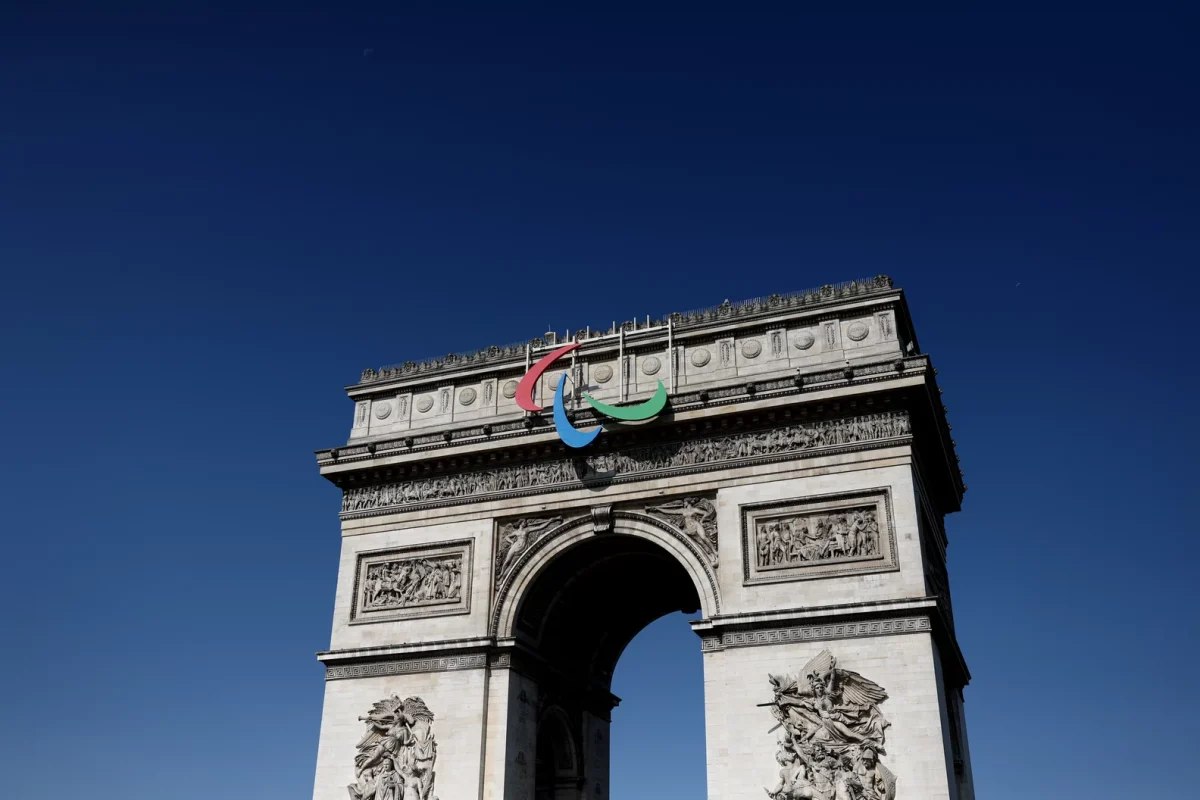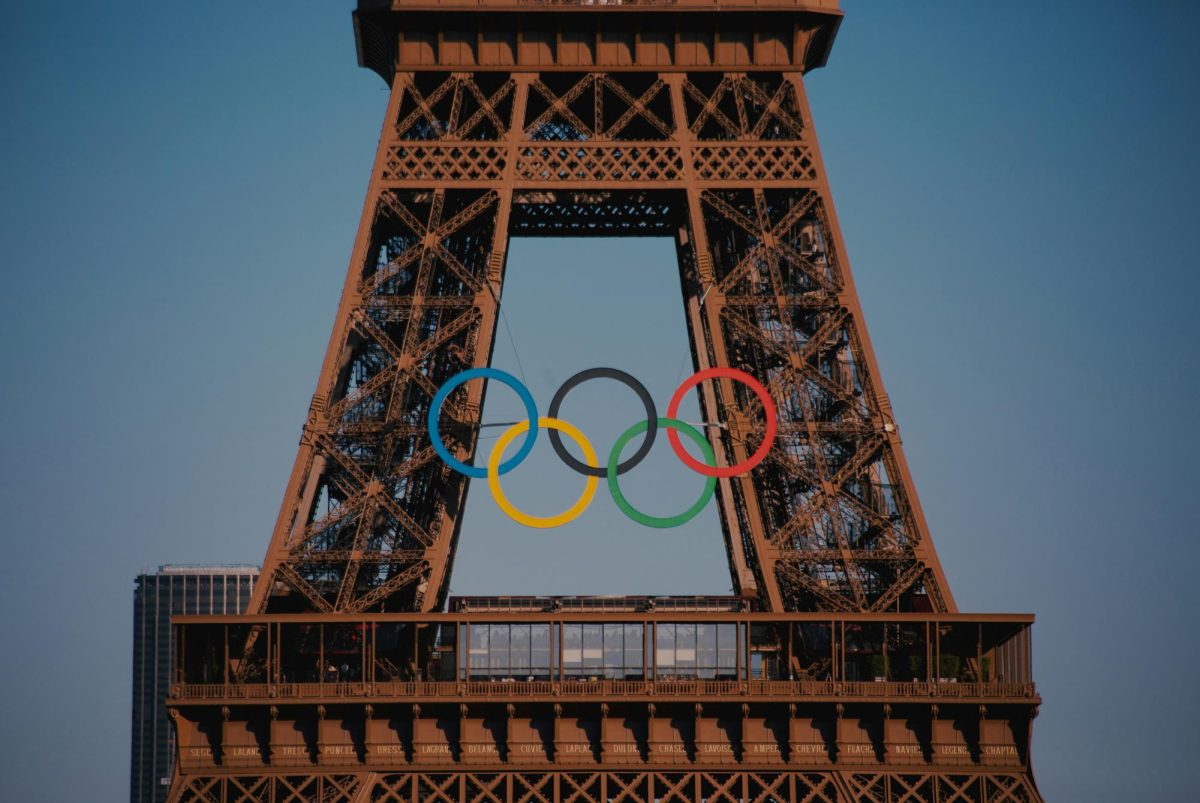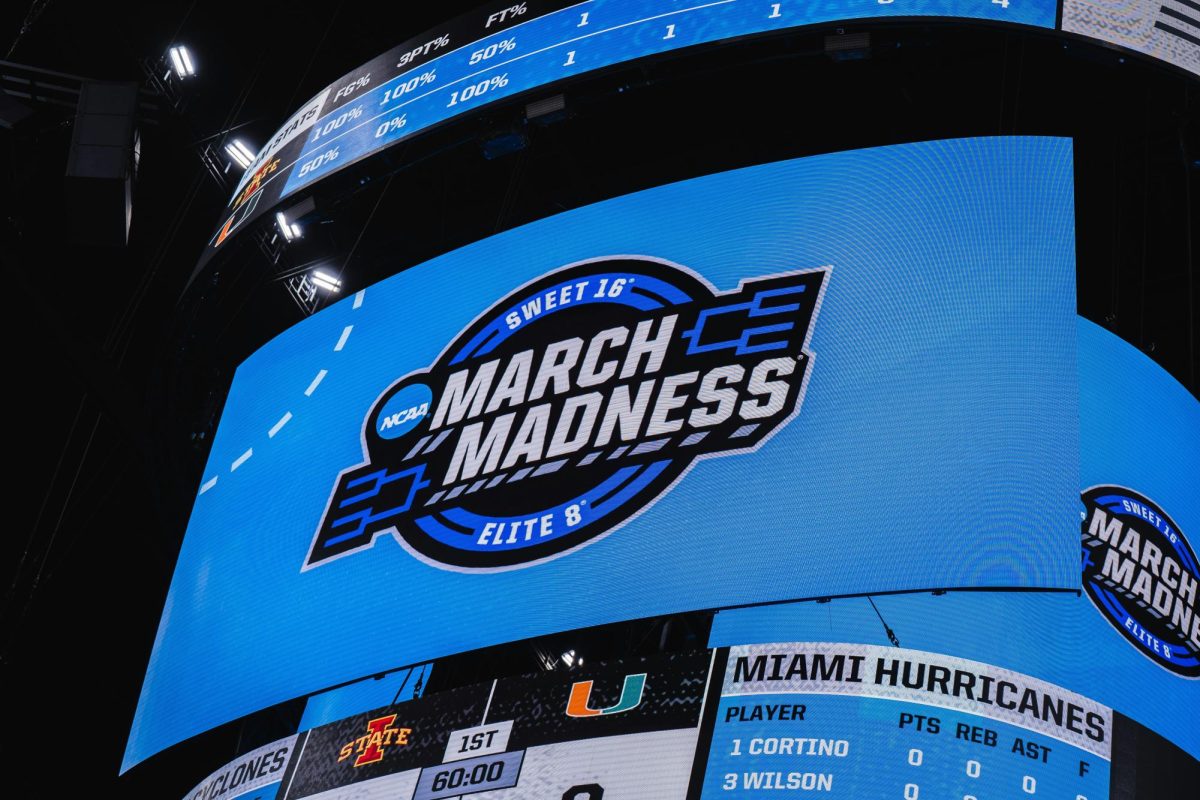A few weeks after the closing ceremonies of the Paris 2024 Summer Olympics, the Paralympics took the stage in a record-breaking Games. The Paralympics lasted for 11 days from August 28th to September 8th. For the first time in history, every single one of the 22 sports were available live. Of the 2.5 million tickets available, around 2.4 million were sold.
The Olympics also experienced a record-breaking summer, rebounding from the crowd-less Tokyo 2020 Games due to COVID-19. It was estimated that over half of the world’s population engaged in the Olympics in some form. Incredible stories of strength and athleticism took place across Paris over the past two and a half months, yet there didn’t seem to be nearly as much attention on the Paralympics as there was on the Olympics.
But they deserve it.
It seems that the main problem is the lack of media and attention on the Paralympics. While the live broadcasting of all 22 sports is a milestone, it is one that should’ve been reached years ago. Being able to watch these elite athletes perform in their events is exciting and captivating, all the way from para archery to blind soccer.
Paris 2024 has done a better job with this than the past two games, gaining more viewers than both the Rio and Tokyo Games combined. LA28 needs to continue this and raise the bar even higher. If people knew more about these Games and saw the same kind of reporting on it, they would fall in love with it the way they have with the Olympics.
In total, there are 22 summer sports and 6 in the winter. All of the events except for Boccia and Goalball, have an Olympic equivalent. Each sport is divided into different classes based on the type of impairment that competing athletes may have in order to ensure fairness. Each sport measures eligibility differently, ranging from several classes to a point system.
Unlike the centuries-old backstory of the Olympics, the Paralympics have only widely existed for a few decades. In 1944, during the aftermath of World War II, Dr. Ludwig Guttman created rehabilitation sports for his patients, which would later evolve into competitive athletics. These first games were called the Stoke Mandeville Games. Officially, the first Paralympics happened at the 1960 Rome Games.
It’s also been suggested that the back-to-back format of the Olympics and Paralympics, makes the latter seem like an afterthought, therefore receiving the tail end of the attention. While it would be a huge undertaking, changing the timing of the Paralympic cycle could put the Games under a bigger spotlight.
But for now, this will remain the same. Hopefully, LA28 will be able to live up to expectations and deliver an even more successful and widely covered Games in just four short years.









